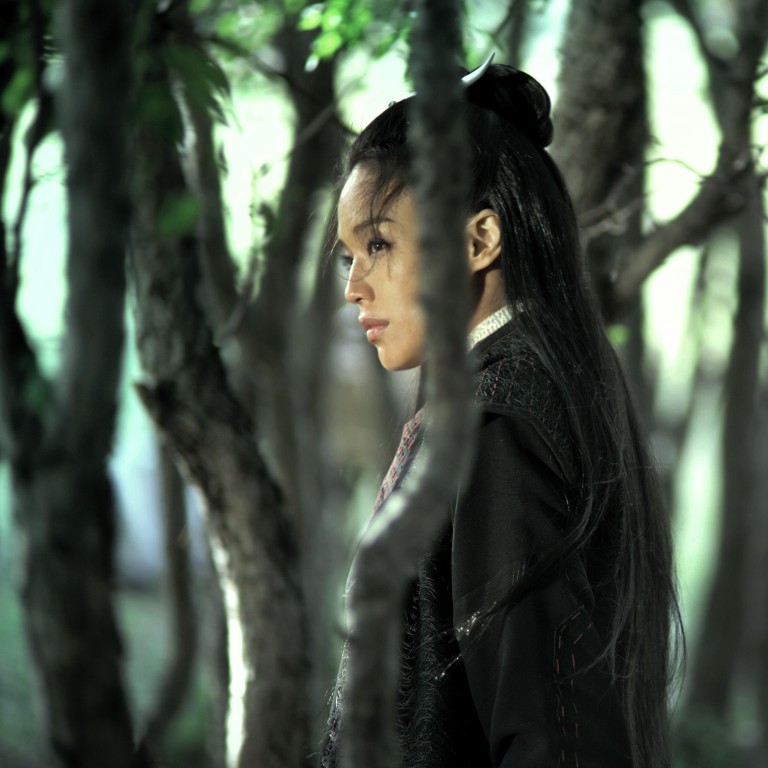
View from Cannes: The Assassin by Hou Hsiao-hsien is a visual poem
Every scene of this martial arts film is a visual sensation, and Hou has retained his elliptical style of storytelling
Much has been said about The Assassin being Hou Hsiao-hsien’s first foray into martial arts cinema. Much more than Ang Lee and Wong Kar-wai before him, however, the Taiwanese art-cinema maestro has radically refashioned the genre in his image, transforming a potentially simplistic action-drama premise into a piece of strikingly beautiful and elegiac visual poetry.
The film, which made its bow on May 21 as a Palme d’Or candidate at the Cannes Film Festival, is the director’s first feature-length work since The Flight of the Red Balloon, which premiered at the same festival in 2007.
The Assassin has plenty of Hou’s trademark slow-moving mise-en-scene, courtesy of the director’s long-time cinematographer Mark Lee Ping-bing. And Hou’s elliptical mode of storytelling remains intact, as the director allows silence and space to evoke an ambience which shapes the suppressed psyches of its characters.
As in his only other period drama, Flower of Shanghai, Hou has taken a modicum of source material and then run with it to a completely different creative universe. By ditching most of the original tale’s description of the life of near-paranormal killer Nie Yenniang, the one verbatim line from Tang dynasty writer Pei Ying’s short story that's retained adds emphasis to The Assassin’s main theme.
At the end of the film’s black-and-white prologue, which shows Nie (a suitably restrained Shu Qi) being inducted as a life dispatcher, she is reprimanded by her master (Sheu Fang-yi) for failing to murder a target playing with his child: “If you were to see someone like that again, kill his loved ones before you finish him.”
The Assassin is about moral dilemmas, as Nie’s next assignment shows: she is asked to return to her hometown to kill renegade regional governor (and the assassin’s ex-fiancee) Tian Jian (Chang Chen). It turns out Tian’s parents reneged on the engagement when they opted to secure a politically useful marriage for their son; humiliated, Nie’s father – a provost in the Tian clan – sent her away, unwittingly changing their daughter into a cold-blooded professional killer.
Arriving home, Nie discovers the quandary remains, as she is faced with a man who has to hold together both his family and his political realm. Her master’s instruction to kill a target’s loved ones only leads to more doubts, as she learns of the brewing (and equally murderous) intrigue in Tian’s house between his wife (Zhou Yun) and his concubine (Hsieh Shin-ying).
While connecting these plot points requires some thought, the heart is stirred by the film’s exquisite imagery - achieved despite its four-by-three aspect ratio. Every scene is a visual sensation, whether it’s the preparation of a bath, a tree swaying in the wind, servants sauntering down a long corridor or characters disappearing towards the horizon and – symbolically – a way out of a depressing social order. The latter is a reversal of the opening scene from Hou’s 1995 film Good Men Good Women; far from being an abrupt stylistic departure, The Assassin has reconfigured Hou's style for the future.

